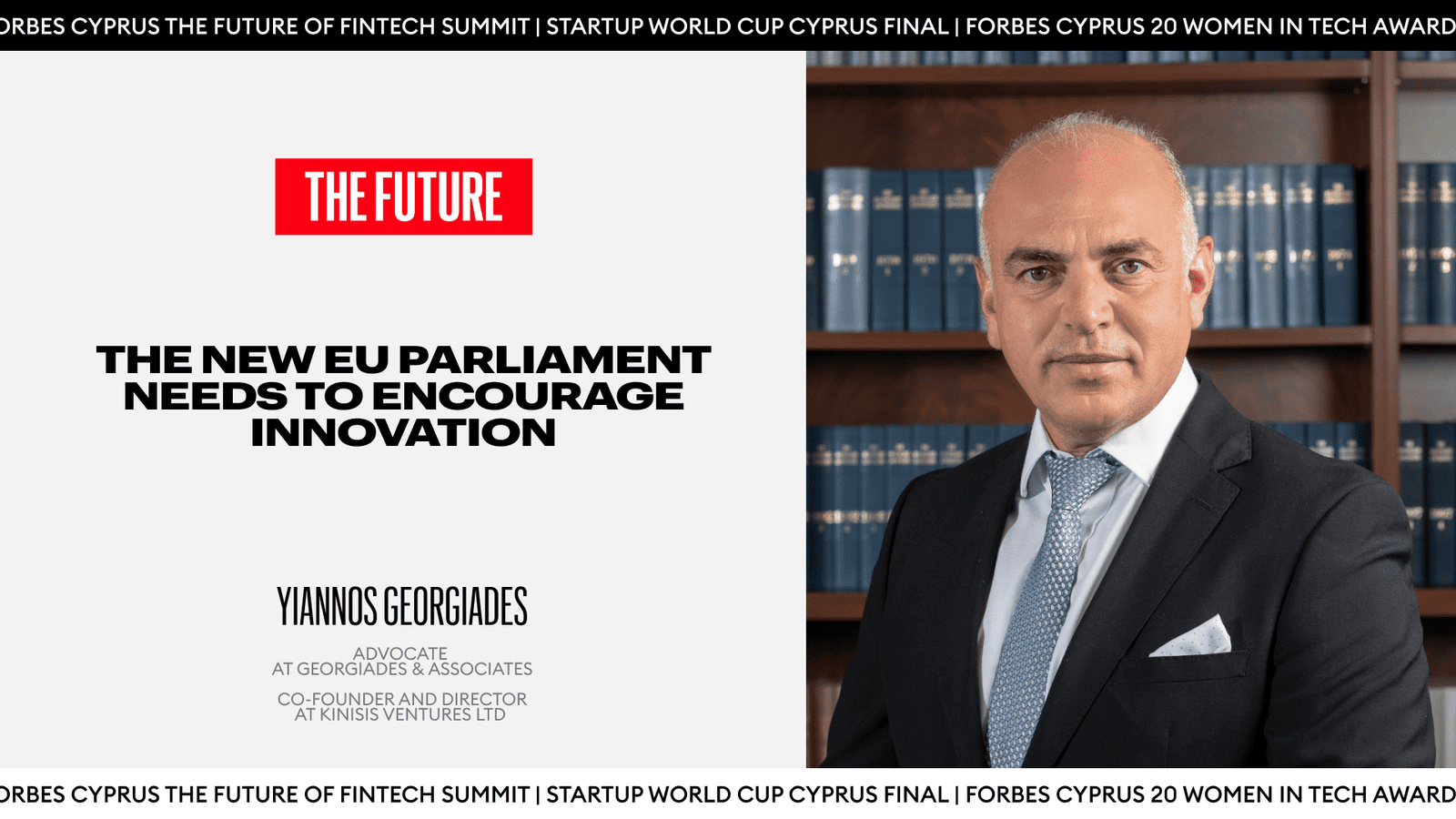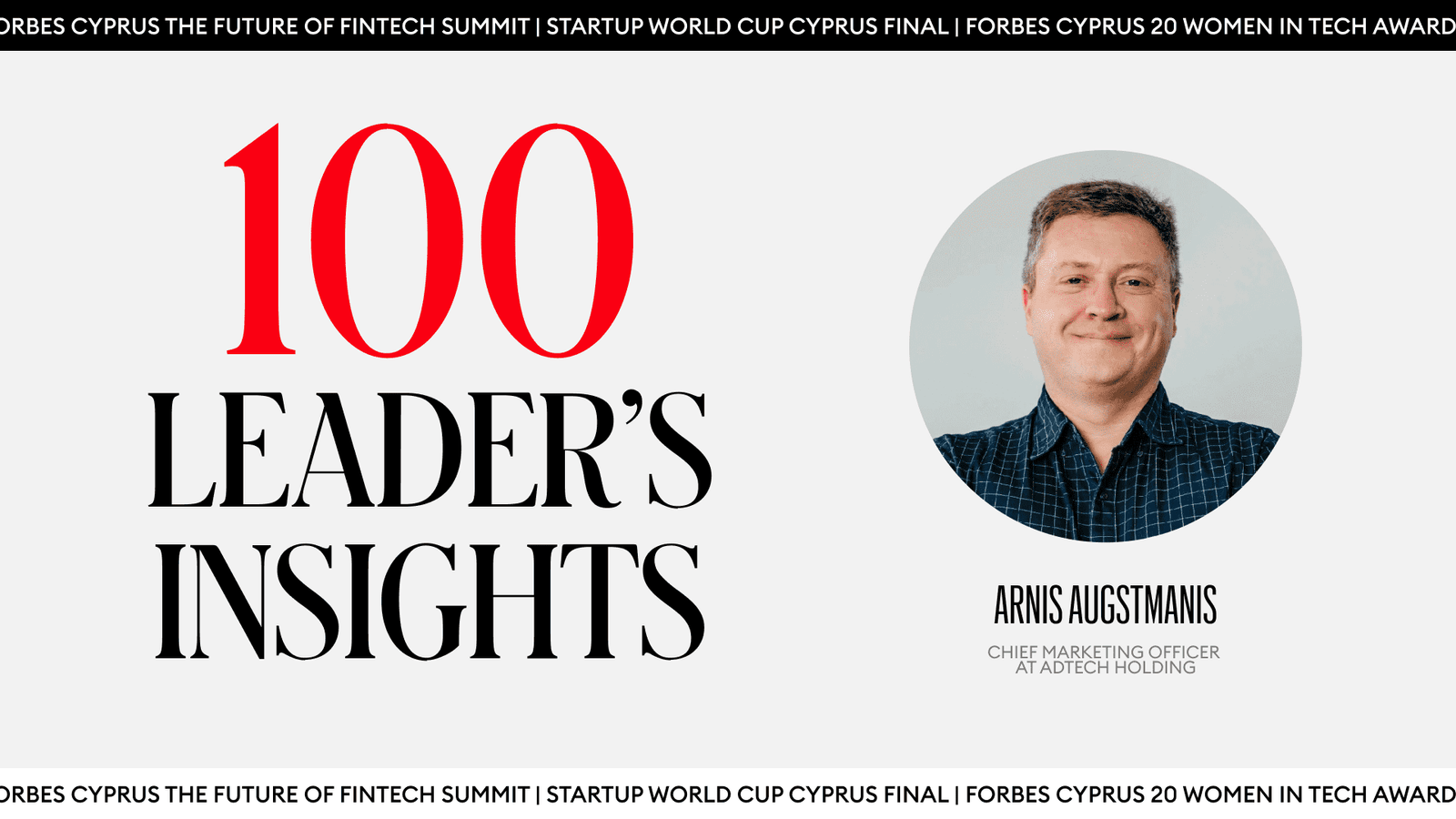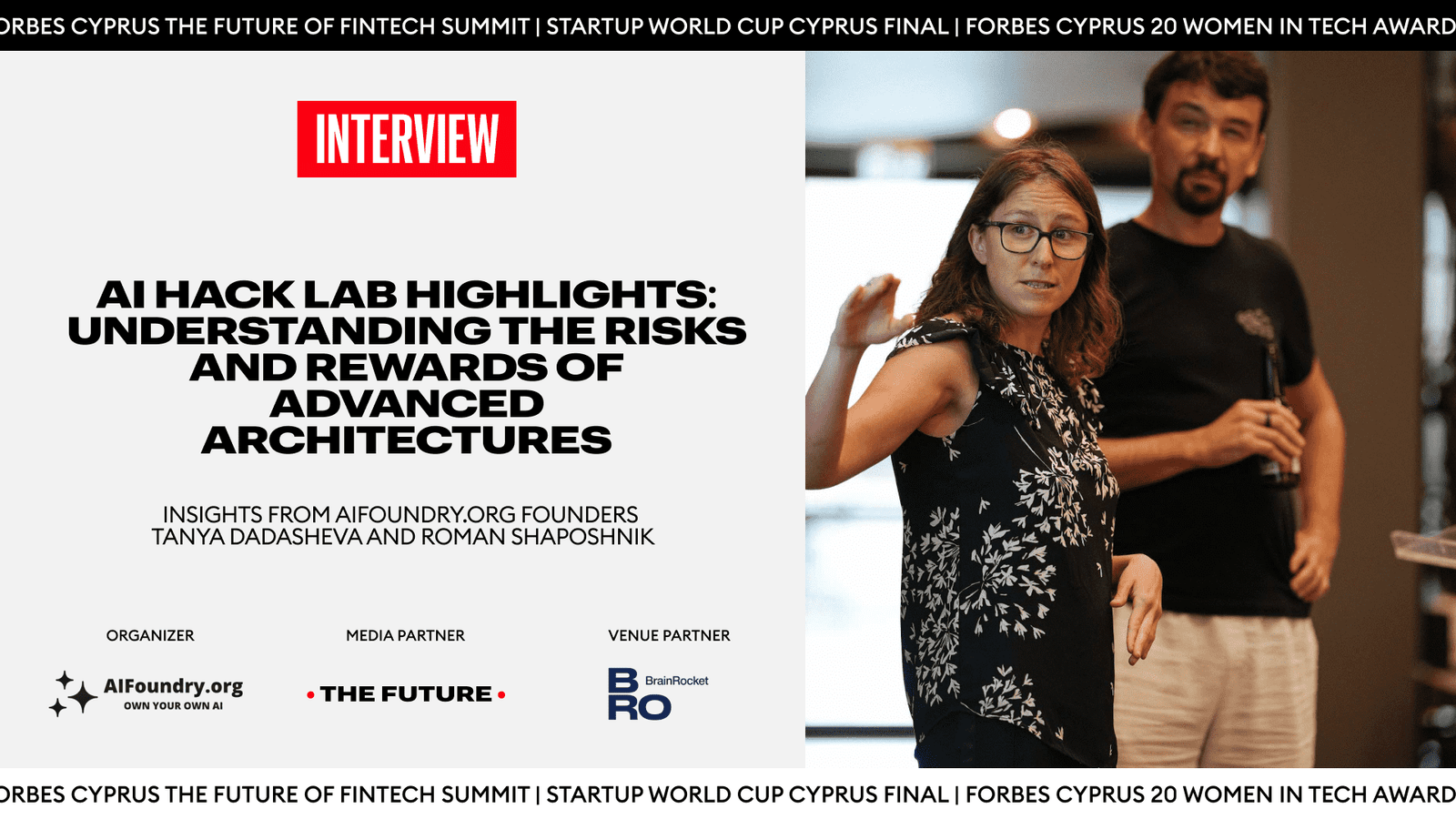We are getting closer to the European Election, and we are likely going to see new faces sitting in the parliament chairs. The agent though is already heated, if we are going to talk about the new emerging technologies such as Artificial Intelligence, Blockchain, and many others. So, the crucial question is, what shall we expect from the new members?
Overviewing the current state, in recent years, Europe has emerged as a global leader in the regulation and development of artificial intelligence (AI) and blockchain technologies. The European Union’s AI Act, the first comprehensive legal framework for AI, exemplifies this proactive stance. This landmark legislation mandates stringent transparency, risk assessment, and mitigation protocols for AI systems, particularly those classified as high-risk.
Companies operating within the EU are required to rigorously document and audit their AI models, ensuring they meet these high standards to prevent biases and security vulnerabilities.
Complementing the AI Act is the forthcoming AI Liability Directive, designed to provide clear compensation mechanisms for individuals adversely affected by AI technologies. This directive, currently under negotiation, aims to establish definitive liability rules, ensuring that those harmed by AI can seek redress efficiently. Such legislative efforts position the EU as a global standard-setter, influencing AI governance far beyond its borders, much like the General Data Protection Regulation (GDPR) has done for data privacy.
In parallel, the blockchain sector in Europe is also experiencing significant regulatory evolution. The Markets in Crypto-Assets (MiCA) regulation, set to be implemented in 2024, introduces a harmonised framework for the regulation of crypto-assets across the EU. MiCA is poised to enhance consumer protection, ensure market integrity, and support innovation by providing clear and consistent guidelines for digital asset operations. This regulatory clarity is expected to bolster confidence among market participants and attract further investment into the burgeoning crypto sector.
Sustainability remains a pivotal focus within the blockchain industry, with increasing efforts directed towards reducing the environmental impact of blockchain operations. The adoption of energy-efficient consensus mechanisms and the integration of renewable energy sources are at the forefront of these initiatives. Furthermore, the synergy between AI and blockchain technologies is unlocking new potentials, particularly in areas such as fraud detection, predictive modelling, and operational optimisation. This integration is not only enhancing the capabilities of blockchain networks but also driving efficiencies across various sectors.
Overall, Europe’s comprehensive approach to regulating AI and blockchain technologies highlights its dedication to balancing innovation with consumer protection and market stability. These efforts are not only positioning the EU as a global leader in technological governance but also setting a precedent for other regions to follow. As these technologies continue to evolve, Europe’s regulatory landscape will undoubtedly play a crucial role in shaping the future of AI and blockchain on a global scale.
Proactivity is crucial
We spoke with Yiannos Georgiades, advocate at Georgiades & Associates & Co-founder/director Kinisis Ventures Ltd KV, and discussed the current state of the European Union regarding all these technological topics.
For Georgiades, the general expectation from the new EU Parliament members is to be proactive yet balanced when approaching the regulation of AI, start-ups, and blockchain technologies as their implementation in the business and commercial sectors, is quite recent.
“This means fostering an environment that encourages innovation, entrepreneurship, and competitiveness while also implementing robust frameworks to ensure ethical use, data protection, and cybersecurity” he notes and explains that this is achievable for the new members by receiving advice and guidance from industry experts, technologists, and civil society, which allows them to develop comprehensive policies that advance these technologies responsibly.
“These regulations should be agile to stay relevant with rapidly evolving technological advancements, tackling any unforeseen legal uncertainties efficiently and ultimately promoting sustainable growth and maintaining public trust” he adds.
The task of the new Parliament is not so straightforward and achieving the right equilibrium between innovation and regulation requires a nuanced, multi-stakeholder approach Georgiades claims.
“From my experience, I foresee the new Parliament conducting transparent dialogues with various sectors, including academia, industry professionals, and civil society groups, to gain insights into the technological landscape”.
Policies should be flexible enough to adapt to new findings and technological breakthroughs while ensuring safeguards against misuse.
“This can be achieved through evolving regulation that adapts to technological advancements, encouraging a culture of responsible innovation where risks are mitigated without hindering creativity and progress” he notes.
Steps towards regulation
As an experienced lawyer and expert in the technology field, he shared his views about specific regulatory changes or introductions he would like to see for AI and blockchain technologies. He underlines various important issues that he believes must be tackled through regulation.
“Specifically, for AI, it’s crucial to enact regulations that enforce transparency in algorithmic decision-making, address biases, and outline clear accountability frameworks. This could involve mandatory disclosures about how algorithms work, impact assessments for fairness, and guidelines for human oversight in critical decision scenarios” he says.
As for blockchain, he suggests standardized protocols for data security and privacy as they are essential, along with legal recognition of smart contracts and digital assets. He adds, “This should include clarity on the legal enforceability of smart contracts, standardised regulatory approaches to digital assets, and the establishment of best practices for secure blockchain development”.
The current legal framework requires substantial clarification and development in several key areas, Georgiades comments.
“For AI, explicit guidelines are needed regarding liability, especially in scenarios involving autonomous systems and their actions. The framework should also define accountability for decision-making processes and outline the responsibility for mitigating harms caused by AI. For blockchain technologies, legal recognition and standardization of smart contracts must be established, ensuring they are enforceable and secure. Clear rules are also necessary for the classification and taxation of cryptocurrencies and digital assets, including guidance on combating fraud and ensuring consumer protection, something which is crucial in business and other commercial transactions” he explains.
Funding opportunities for startups
The entrepreneurial landscape can flourish even more if the EU takes care of the startups, particularly those in emerging technologies like AI and blockchain, as they can contribute significantly to growth and the economy.
Supporting startups in emerging technologies requires a multi-faceted strategy, and the main aim is to promote emerging technologies to the highest level since they represent the future.
I hope the new Parliament will streamline funding opportunities through grants and venture capital, provide significant tax incentives for R&D activities, and reduce bureaucratic hurdles that slow down innovation, something which we are experiencing currently to a high degree.
Even though the numbers and percentages are rising, establishing more innovation hubs and accelerators across the EU can provide start-ups with increased access to resources, mentorship, and networking opportunities. Moreover, regulatory sandboxes should be expanded, allowing startups to test new technologies in a controlled environment with less regulatory pressure while ensuring that consumer protection and data security measures are in place.
But what kind of funding initiatives or incentives the new Parliament shall introduce to encourage investment in AI and blockchain start-ups? The ones that match the innovative projects of the startups, of course.
“Something which I believe is lacking is specialised funding initiatives focusing on technology, therefore I expect the new Parliament to introduce an array of funding initiatives such as venture funds dedicated to AI and blockchain, matching grants for innovative projects, and public-private partnerships that leverage industry expertise and governmental support” Georgiades explains.
Other things the new EU parliament can do is to provide tax deductions or credits for R&D expenditures and invest in dedicated funds for early-stage startups to help bridge the so-called “valley of death”.
“Thinking on a more global scale, establishing programs that facilitate international collaboration and attract foreign investments can further bolster the EU’s standing in the global tech ecosystem. These initiatives should aim not only at encouraging innovation but also at ensuring long-term sustainability and competitiveness” Georgiades says.
Addressing ethical issues
With the General Data Protection Regulation (GDPR) being in our lives since 2018, and the new AI technologies, data privacy is again a major discussion and the new Parliament should address this intersection. For Georgiades, the solution lies in ‘privacy by design’ principles.
“It is indeed complex, and it has been in the forefront of discussions relating to the major issues which could be faced in the future. In my opinion, the new Parliament should prioritize ‘privacy by design’ principles, ensuring that data protection is central to AI development from the beginning”.
This can happen by enforcing data minimization practices, purpose limitation, and obtaining explicit consent from individuals for data usage. However, even at later stages, continuous impact assessments should be mandatory for AI systems processing personal data, ensuring they comply with GDPR. Additionally, developing guidelines for AI explainability can help individuals understand how their data is used, thus aligning AI advancements with GDPR’s core objectives of transparency and user control.
The new Parliament must find ways to address ethical issues related to AI, such as bias, transparency, and accountability.
As Georgiades says, “The main issue of ethics relating to emerging technologies stems from transparency. A comprehensive strategy should be adopted by the new Parliament, which is expected to include the implementation of compulsory ethical reviews for AI systems, ensuring developers adhere to fairness, transparency, and accountability standards from the development phase to deployment”.
He also adds that mandatory disclosures and explainability in AI decision-making can help address transparency. Regular audits and impact assessments should be enforced to identify and mitigate biases.
“Another important element is the creation of independent oversight bodies or authorities tasked with monitoring AI practices and handling complaints. Furthermore, promoting interdisciplinary research on AI ethics and integrating ethical training into educational curriculum or courses will raise awareness and have a positive effect on responsible AI development” he adds.
Invest in education
Beyond regulatory measures, for Georgiades, the new EU Parliament needs to invest heavily in education and skills development, ensuring a workforce proficient in AI and blockchain technologies.
“This can be achieved by integrating advanced technological training in educational curricula and supporting continuous professional development. Encouraging ethical awareness and fostering a culture of responsibility through public engagement and dialogue between policymakers, technologists, and the broader community is essential. Additionally, promoting public awareness campaigns can decipher these technologies, build public trust, and create an informed society capable of contributing to the discourse on digital innovation and its societal impacts” he concludes.






